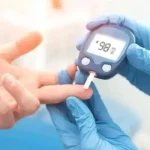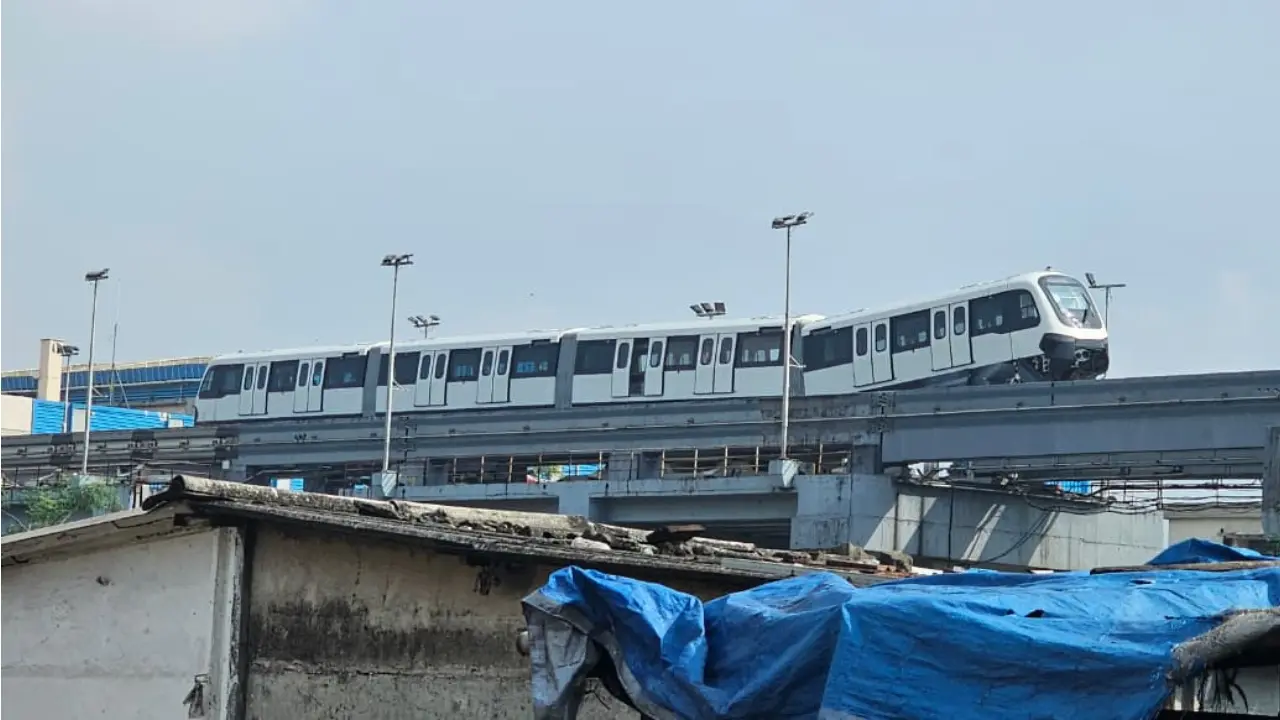Beyond the headlines, the story of Rohit Arya — looked at by some as the villain of the incident where 17 innocent children were held hostage in Powai — is one of tragedy, where a troubled individual battled demons for months in silence, often unnoticed by those around him.
City-based psychiatrists, mental health professionals, and criminologists believe the real victims of this tragedy are not just those directly involved in the hostage situation, but Arya’s wife and young son, too. For years, they witnessed the anguish and despair of a man fighting an invisible battle with the system — one that slowly drained his spirit and led him down a dark path.
Dr Bharat Vatwani, psychiatrist
Though Arya’s actions in his final moments were unforgivable, his family’s emotional and mental toll is immeasurable. They were not just bystanders but the closest witnesses to a personal war, one of isolation, frustration, and a profound sense of hopelessness.
Now, Arya’s wife and son must carry the burden of having watched a loved one spiral out of control. Their journey of healing, though different, will be just as difficult.
Unseen victims
Dr Bharat Vatwani, a Magsaysay award-winning psychiatrist, said, “It is tragic that the common man overlooks the impact of the death of Rohit Arya on his family members. The weighing down by grief after the loss, by possible guilt at not having been able to prevent the situation, the financial jolt and ramifications, the social ostracisation [by virtue of being related to the hostage-taker], and the overall feeling of loneliness, loss, and longing. The family of Rohit Arya are the ones that need counselling, support, prayers and healing. My heart goes out to them.”
Beyond the headlines
Dr Harish Shetty, consulting psychiatrist at Dr LH Hiranandani Hospital, said, “The alleged individual appeared to be scheming, aggressive, and vague, making unclear demands that suggest a lack of detailed planning or any clear objective. He had no prior criminal history, nor was there any evidence of ideological or religious indoctrination. Notably, he allowed over 80 children to leave, which indicates he may not have had serious intent to cause harm. According to the law, minimum force should be used in such situations. Tragically, the person died, leaving many unanswered questions that only he could have clarified.”
Dr Harish Shetty, consulting psychiatrist at Dr LH Hiranandani Hospital
“The trauma experienced by the children, as well as by Arya’s family, needs urgent attention. The silent suffering of the family, largely ignored by the public, must also be addressed. Trauma has affected every stakeholder in this unfortunate event. Empathy should be universal, not selective. Events like this often blind society, causing authorities to lose objectivity. Both Arya’s family and the children need closure and treatment, or the trauma will continue to haunt them for life. The stigma will destroy them, and the only way to heal is through counselling and an understanding of the facts,” said Dr Shetty.
Grief and trauma
Loss and trauma can lead to deep emotional pain, especially when experienced together. According to Dr Suresh Bada Math, professor of psychiatry at NIMHANS, Bengaluru, when a person faces both the death of a loved one and additional trauma, such as social ostracism or public criticism, it becomes even more difficult to navigate. The combination of grief and emotional shock can severely disrupt a person’s sense of safety, self, and control, potentially leading to anxiety, panic attacks, insomnia, and symptoms of post-traumatic stress.
“Grief is a natural response to loss, but it can cause profound sadness, guilt, and a temporary sense of emptiness. Psychiatrist Dr Elisabeth Kübler-Ross identified five stages of grief: shock and denial, anger, bargaining, depression, and acceptance. Though most people recover from grief with time and support, when grief and trauma occur simultaneously — especially after sudden, violent events or social rejection, the emotional toll can become overwhelming, sometimes leading to complicated grief,” said Dr Math.
He added, “In these cases, professional help is often needed. However, support from family, friends, and community is crucial yet frequently lacking.”
Path to healing
Dr Math stressed that those experiencing both grief and trauma require compassionate, non-judgmental support systems, which are often scarce in India. He recommends several strategies for survivors and their families, including maintaining routines, reducing exposure to stigmatising media, and seeking professional help if symptoms persist beyond a couple of months. Law enforcement agencies, too, should show empathy toward the family, recognising their hardship.
Moving away from a hostile environment can provide temporary relief, but healing requires facing trauma and grief. Spirituality, Dr Math added, can also play a significant role in helping individuals make sense of their suffering and regain emotional balance.
Criminologist speaks
From a criminological perspective, acts like those committed by Arya are rarely the result of simple malice. More often, they stem from a combination of personal crises, untreated mental health issues, and societal pressures. “While the actions themselves cannot be excused, they should prompt a deeper examination of how we address mental health, social isolation, and systemic failures. The real question is: how can we prevent such tragedies by intervening earlier, offering support, and addressing the root causes of distress before they escalate into violent acts?” said Dr P Madhava Soma Sundaram, department of criminology, Manonmaniam Sundaranar University, Tamil Nadu.











